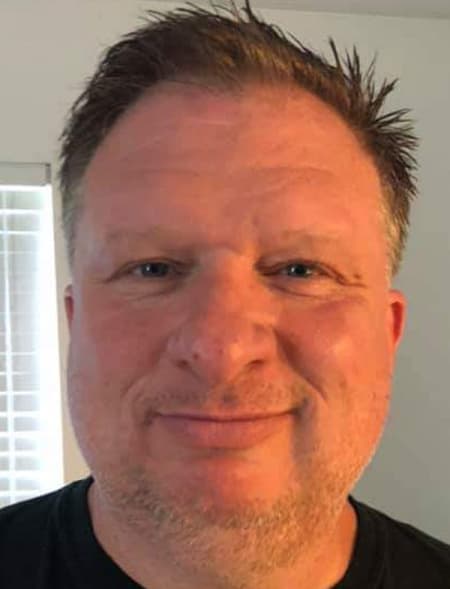As Caleb Love sat on a postgame zoom call with the media following North Carolina’s 72-70 loss at Syracuse on Monday night, the freshman point guard was asked what one thing that absolutely must change for the Tar Heels to clean up their propensity for turning over the basketball at such an alarming rate.
Just one thing, the first thing, he was asked.
Love replied as if he was ready for the question.
“Just a lot of the unforced turnovers, like the ones we can control,” he said. “As far as like, just charges, just throwing the ball. I threw one to Day’Ron (Sharpe) today and he wasn’t even looking. The one I threw out to Leaky and he was clearly open, but I just threw it away.
“So, just the ones we can control and just try to cut down on those and we'll be good.”
Sounds simple enough, but it has been anything but for the Tar Heels this season.
Carolina has played 24 games, yet in nine games – more than a third of the time it takes the court – the Heels have turned over the ball at least 18 times. More mind numbing is in 11 games the Heels’ miscues have directly led to 18 or more points for their opponents. That’s nearly half of their games.
Perhaps Monday night was the nadir of their season. Syracuse scored 28 points on 20 Carolina turnovers. Twenty-eight in what ended up a two-point game.
The highest turnover game (24) this season remains UNC’s third contest of the season, but at least it found a way to defeat Stanford in Asheville that night. It also won when giving the ball away 20 times at Miami in January and this past weekend, somehow, someway, UNC defeated Florida State despite 21 turnovers that led to 25 Seminoles’ points. But the Heels couldn’t overcome their benevolence on this night.
“Coach (Dean) Smith used to say, ‘Every turnover’s carelessness or selfishness,’ and ours is split about 50/50,” UNC Coach Roy Williams said, following Monday’s defeat. “Carelessness is just what you would expect, selflessness is when you're trying to make something that’s not there and you're trying to make a great play. But it's frustrating, there's no question.”
On the season, UNC is averaging 15 turnovers leading to 17 opponents’ points per outing, and in its nine losses, the Heels are turning over the ball 16.2 times leading to 18.6 points for their foes.
Following Monday’s loss, UNC is now No. 267 in the nation in turnover percent and No. 339 in the country in offensive steal percentage. In other words, opponents’ steals against.
The thing is Love’s simple solution is partly correct. But, most of the focus is on mistakes handling the ball, passing it, and perhaps driving into traffic in the lane and, as a result, losing the ball. There is more that goes into an offense that routinely loses the ball, however. It isn’t just the guards and it isn’t just whoever is last to touch the ball before it goes into opponents’ hands.
“I think it's both,” Williams said. “But, if a guy's not moving, it still doesn't mean you’ve got to dribble between three guys. A guy’s got a layup down the court if you make a better pass. You don't have to throw it over their head.
“But, other than those kinds of turnovers, (that’s) exactly right. It is both things. We’ve got to have better spacing than we had tonight. We have to attack better. We have to be more aggressive.”
Love took some umbrage at another question about the turnovers that noted he and fellow freshmen guard RJ Davis but no other Tar Heels. Love and Davis, though, lead UNC in turnovers with 78 and 48, respectively, but they aren’t alone in that department. And there are consequences in practice for turning the ball over then, as well.
“It’s not just us, it's just everybody,” Love said. “(Williams will) put it in the practice plan, the second lost ball equals 33. So, if we turn the ball over twice, we'll have to run a 33 after every other turnover after that. So, if you don’t want to run, then don't turn the ball over.
“So, he'll do some stuff like that, but other than that, it's just on us. It's not really a drill or anything else that coach can do for us to not turn the ball over. We’ve just got to stop turning the ball over.”
That is an undeniable fact. And Love and the rest of the Tar Heels know it.
